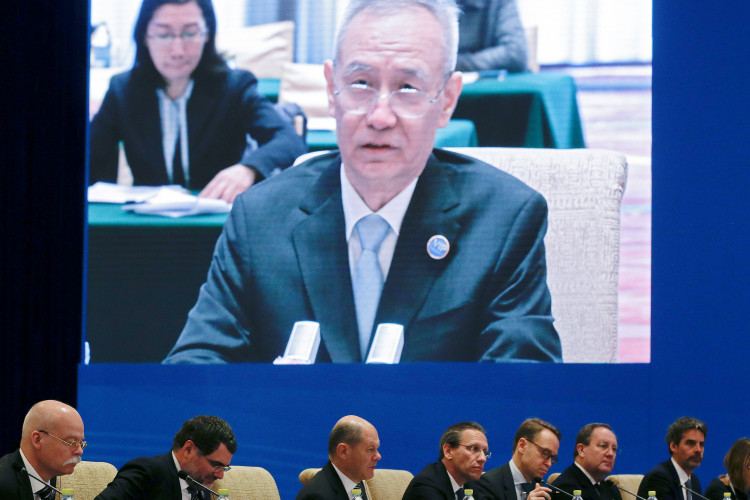CITIC Capital, the alternative investment management and advisory firm owned by Chinese conglomerate CITIC Group, has announced plans to build a new fund that would help it finance more investments in the future.
In a report by Reuters, the company's chairman Zhang YiChen said that they are raising $2 billion to enter deals in the real estate industry, particularly distressed assets located in China. Zhang calls the money "dry powder," which refers to funds that are committed but not yet invested. CITIC joins the growing number of private-equity companies that have been raising new money for the region since 2015, which according to Preqin has seen a total of $445 billion to date.
When asked about how the current China-US trade war would affect its investment plans, Zhang said CITIC is more interested in the traditional types of investments. Most of the Chinese businesses that are experiencing difficulty in the US are involved in newer and modern technology. Besides, CITIC Capital is looking to invest in Europe and other countries, as well.
Still, Zhang is optimistic that the two countries would reach an agreement by the March 1, 2019 deadline. Both Chinese President Xi Jinping and US president Donald Trump agreed to halt the trade war at the G20 convention in 2018 and gave themselves a 90-day period to talk things over. In fact, China has made a huge step in urging the US to agree to a settlement whether both countries score a win.
At the World Economic Forum in Davos recently, Chinese vice president Liu He addressed the heads of state and said that the trade war only harms both countries in the long run, even admitting that the two are "mutually indispensable." The next round of talks is scheduled to happen at the end of January, in which Vice Premier Liu flies to Washington to meet US officials.
The US has already imposed tariffs on over $250 billion worth of goods from China and has threatened that it would slap duties on double their value. In response, Beijing placed tariffs on some $110 billion worth of US goods, mostly from the agriculture sector and other key industries.





